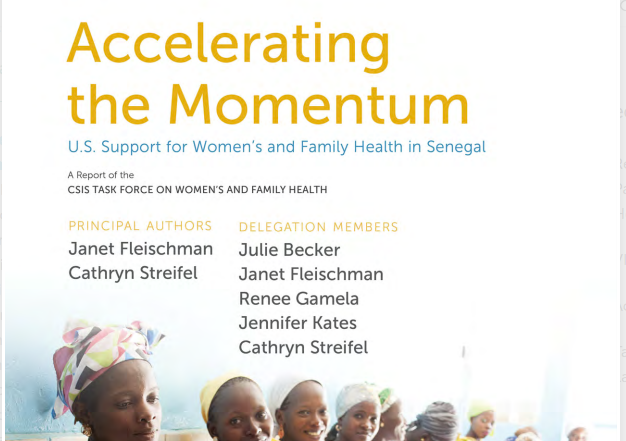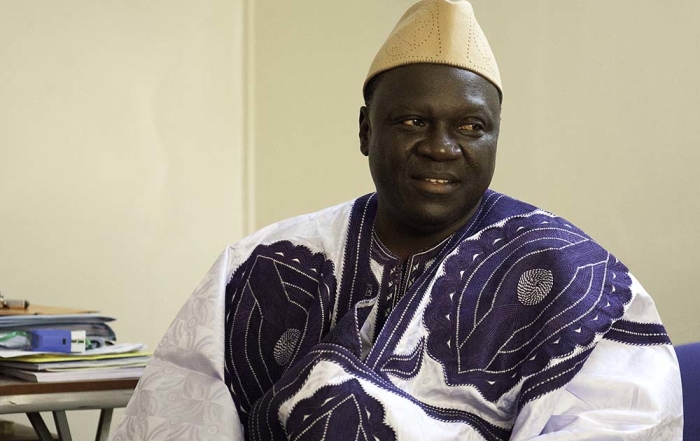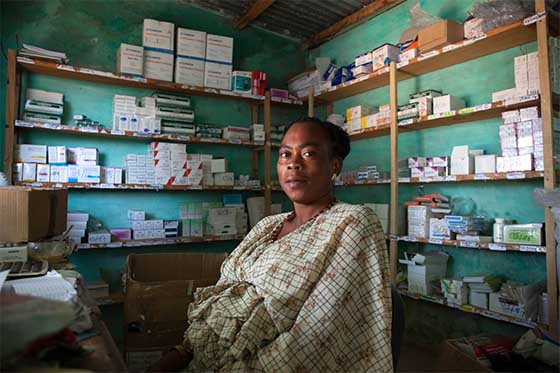Senegal is a key country for U.S. investments in women’s and children’s health, demonstrating the impact of support for strong national leadership and targeted U.S. health resources. The U.S.-Senegal partnership has led to significant health gains, notably rises in immunization and contraceptive prevalence rates. However, that progress is still fragile and significant challenges remain, including high maternal mortality, weak health systems, and reaching young people.
“When you’re in a country like Senegal, everything is a priority, and it’s difficult to focus on only one thing. But we have decided that maternal and child health will be our priority, and we will link everything we’re doing to that.”
–Dr. Awa Marie Coll Seck, Senegal’s minister of health and social action, interview with CSIS delegation, February 11, 2016
This is a critical time for the United States to support Senegal in accelerating its momentum and assuming greater control of its health financing and implementation. Success is not only essential to advance women’s and children’s health in Senegal, but also holds important lessons about how U.S. engagement can have a measurable and sustainable impact on women’s and family health.
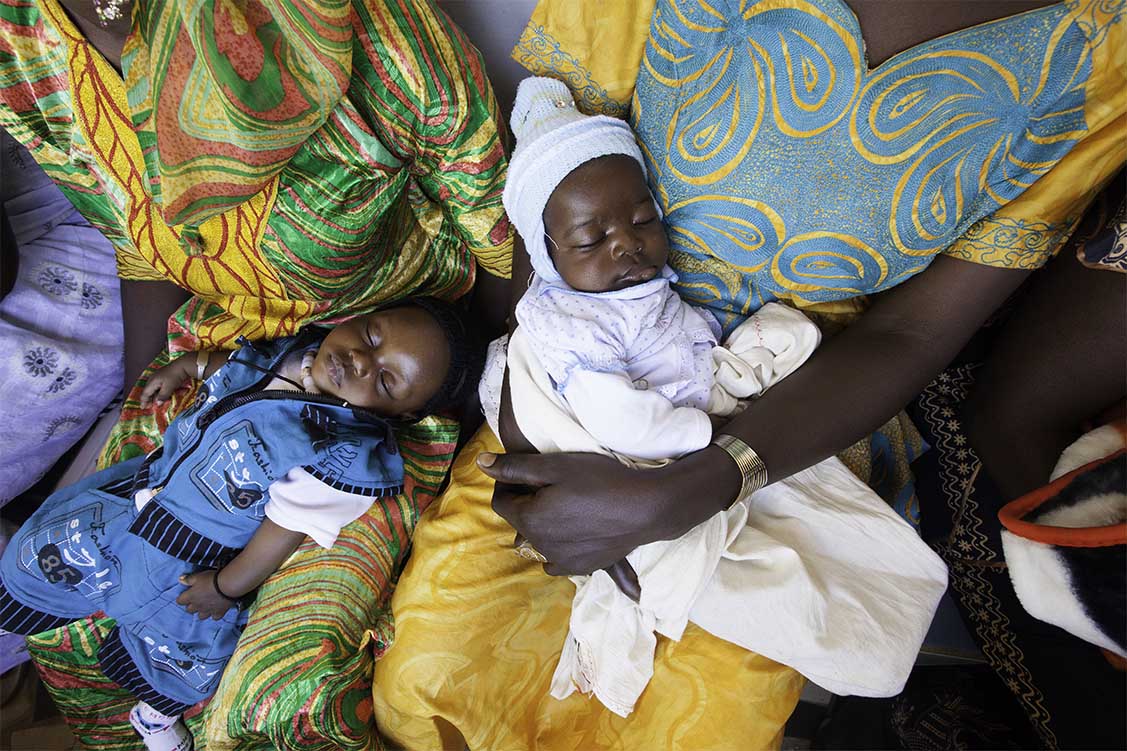
Photo credit: Caitlin Healy
An Imam’s View on Family Planning
The importance of Integration
To understand the lessons from Senegal’s recent
experience, a delegation from the CSIS Task Force on
Women’s and Family Health visited Senegal in February
2016. The delegation focused on the following
overarching questions:
-
US Investments. How have U.S. investments in women’s and family health—through bilateral health programs and engagement in multilateral health partnerships—supported Senegal’s progress in family planning and maternal and child health?
-
Integration.What has been the impact of integrating family planning with other maternal and child health services at the facility and community levels?
-
Private Sector.What has been the role of the private sector and public-private partnerships in developing innovative approaches to address Senegal’s persistent health challenges?
-
Sustainable Financing.What are the prospects for family planning and maternal and child health programs in Senegal to transition to sustainable financing?
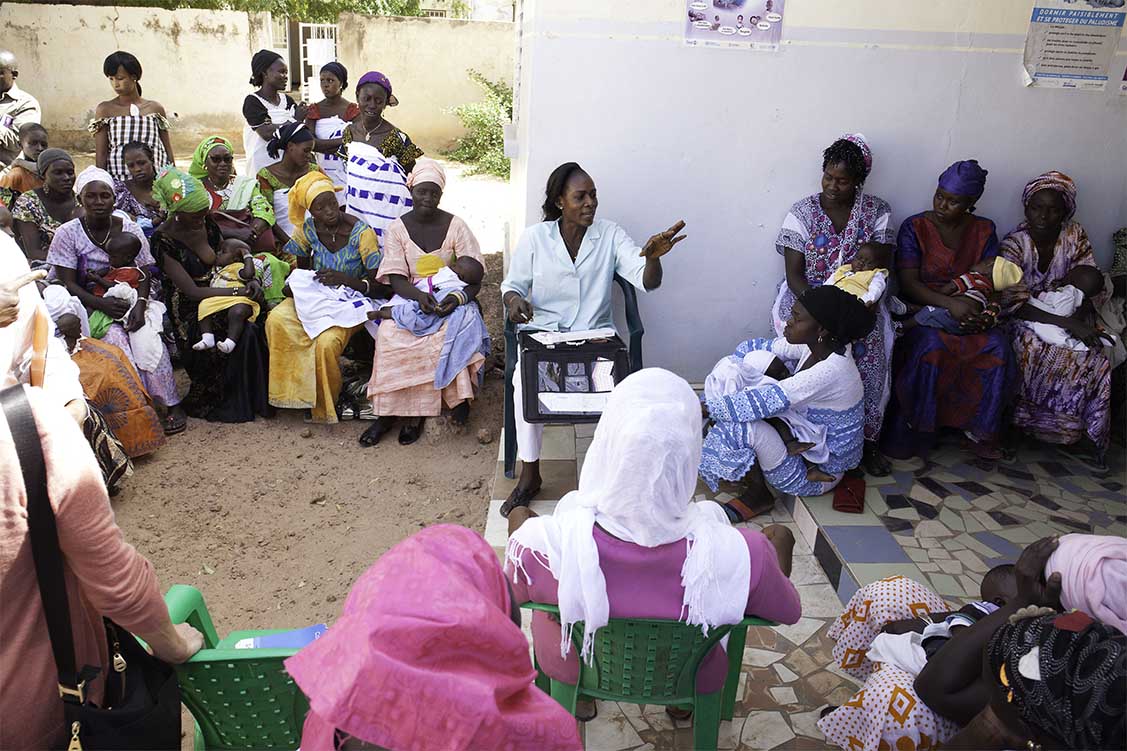
Photo credit: Caitlin Healy
To continue the momentum of the U.S.-Senegal partnership in women’s and children’s health and carry forward lessons for other countries, what can the U.S. do?
-
Elevate attention, resources, and accountability to reduce maternal mortality. Support Senegal’s Ministry of Health and Social Action’s new emergency plan and strengthen the continuum of care from communities to facilities, through a focus on quality health care and increased skilled human resources for health. Ensure that both the U.S. programs and the Senegalese government are held accountable for how these new resources are used.
-
Accelerate support for the integration of family planning with other maternal and child health services and address the needs of young people.Strategically integrate family planning with other maternal and child health areas at the facility and community levels through vaccinations, malaria prevention, antenatal and postnatal care, nutrition, and adolescent/youth services. New resources for young people to access information and services on reproductive health and family planning will require going beyond “youth friendly” clinics to support safe spaces that address their needs.
-
Expand support for private-sector programs in women’s and children’s health, including through public-private partnerships, to increase access to family planning and maternal and child health services in rural and urban areas. Private-sector health providers and organizations have important roles to play in reaching those not accessing the public health system, as well as participating in public-private partnerships that show innovative ways to extend the reach and quality of health services. This is an increasingly important area for development in Senegal.
-
Develop a plan for gradual, phased transition of U.S.-supported health programs to the Senegalese government, with clear technical and financial benchmarks and timeframes to ensure that progress continues and backsliding is avoided.Targeted support will be necessary to strengthen Senegal’s financial and technical capacity during these transitional years, recognizing that U.S. financial assistance will remain critical for the medium term. In addition, the United States should capitalize on the opportunity presented by the Global Financing Facility to assist Senegal in developing its investment case for family planning, maternal and child health, and for sustainable health financing.
TO READ THE REPORT, CLICK HERE.




